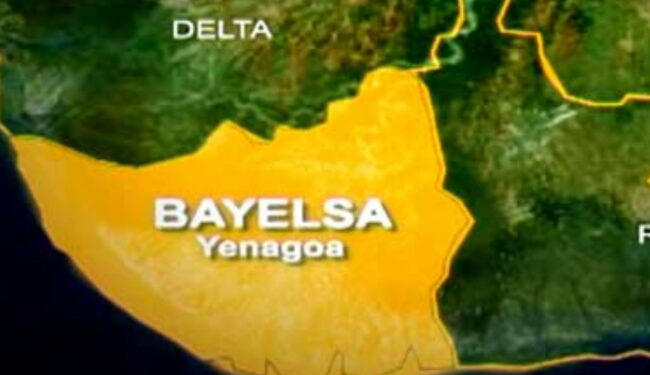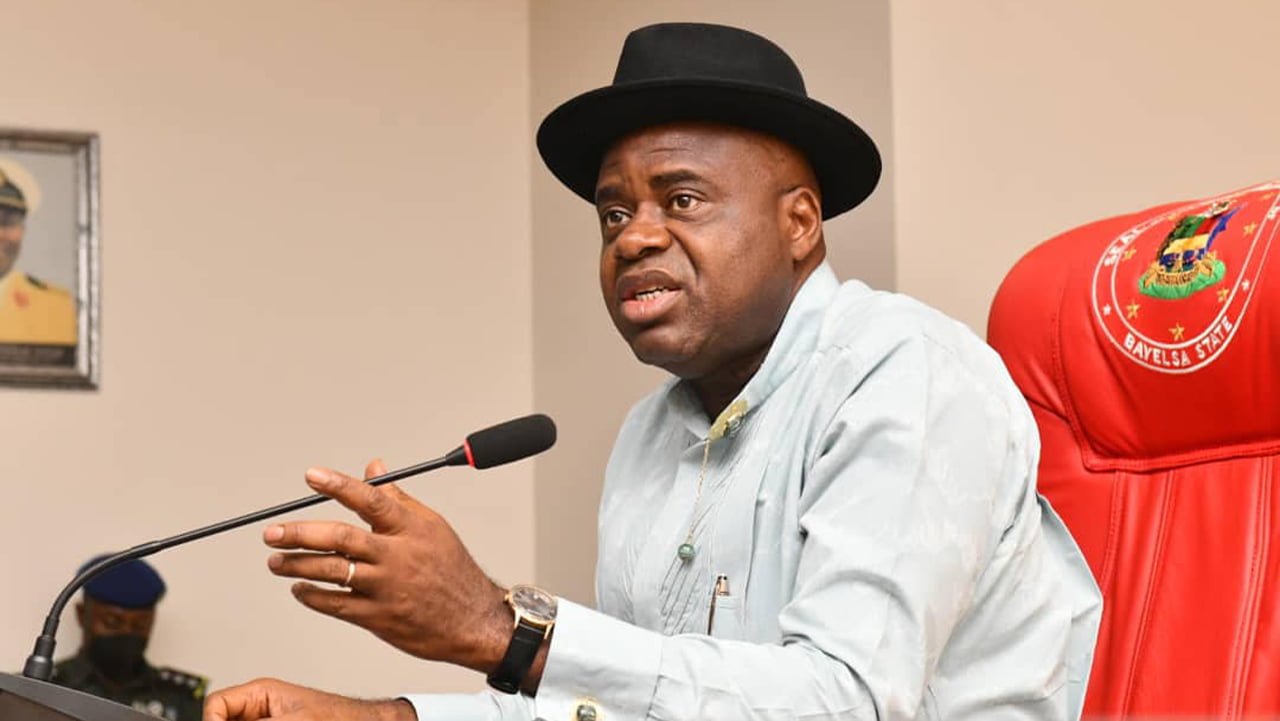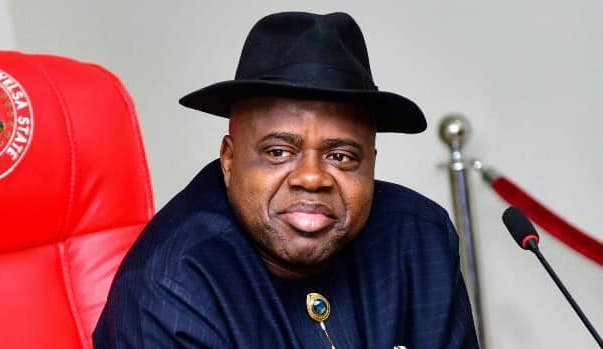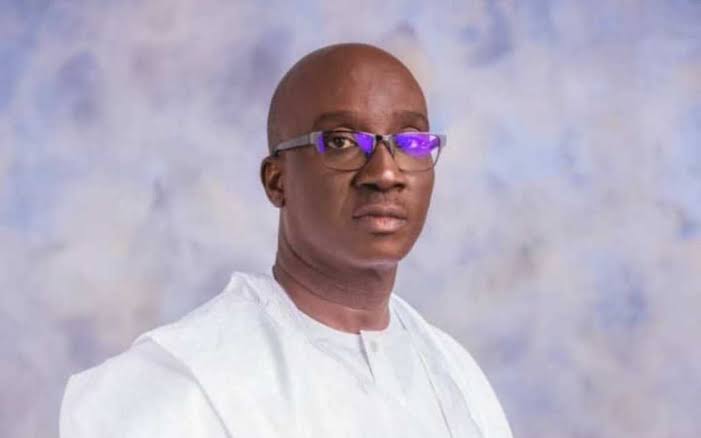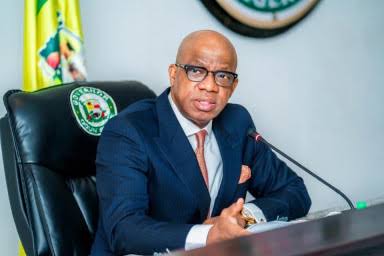By Magnus Onyibe
With President Bola Tinubu’s declaration of a state of emergency in Rivers State on Tuesday, March 18, the Renaissance consortium—a group of local investors that recently acquired Shell’s onshore oil and gas assets in Nigeria for a staggering $2.4 billion—now finds itself in turbulent waters.
In hindsight, Shell, Mobil, TotalEnergies, Agip, and other major oil companies that divested from onshore assets in Nigeria and moved their operations offshore were remarkably foresighted. Like the mythical Nostradamus, they seemed to have foreseen the future and exited just in time to avoid the very risks that Renaissance now faces—risks of escalation into another wave of militancy and insecurity in the Niger Delta if not properly managed.
If chaos takes hold in the Nigerdelta, the Renaissance consortium, which invested heavily in Shell’s assets, along with Seplat Energy, which also recently acquired ExxonMobil’s onshore oil assets for $1.28 billion, will be among the hardest hit. That is underscored by the fact that the broader oil and gas sector now faces heightened uncertainty, as what was once a relatively stable business environment risks returning to a militarized zone that it once used to be before president Musa Yar’adua of blessed memory quelled the fire through innovative policies and programmes for the restive youths during his tenure 2007-2010.
As we know, businesses thrive on stability, and insecurity breeds uncertainty. The fallout from this development could reverse Nigeria’s recent economic gains—causing inflation, which had been trending downward, to spike again. The naira, which had been stabilizing against foreign currencies, may once more come under pressure due to the turmoil in Rivers State.
Other recent entrants into Nigeria’s oil and gas sector, such as Tony Elumelu’s Heirs Energy—which purchased Shell’s OML 17 for approximately $1.1 billion a few years ago—may also find themselves in a precarious situation. Similarly, Aliko Dangote, whose $20 billion, 650,000 barrels-per-day capacity refinery may not be located in the Niger Delta, could still face significant challenges in securing crude oil feedstock if the crisis disrupts production in the oil/gas rich Niger delta region.
This development is particularly concerning given the extensive efforts President Tinubu’s administration has put into restoring security in the Niger Delta. His policies, especially the Nigeria Upstream Perroleum Regulatory Commission, (NUPRC) led by Gbenga Komolafe’s initiative to ramp up production by one (1) million barrels within 24 months which had successfully increased oil production from approximately 1.3 million barrels per day before Tinubu took office to nearly 1.8 million barrels per day in february. The declaration of a state of emergency in the region now threatens to undermine this significant achievement.
The Niger Delta Crisis: A Threat to Economic Stability
It is worth recalling that Nigeria’s previously disappointing oil output was not just due to low investment—exacerbated by the prolonged delay in passing the Petroleum Industry Bill (PIB), which took about two decades to become law—but also due to the activities of sophisticated international oil theft syndicates operating in the Niger Delta.
To the Tinubu administration’s credit, a coordinated effort by Nigeria’s security agencies, led by the Office of the National Security Adviser (NSA) in collaboration with the military and the Nigerian National Petroleum Company Limited (NNPC Ltd), successfully dismantled these criminal networks. This crackdown played a crucial role in ramping up production, enabling Nigeria to meet its OPEC production quota and boost foreign exchange earnings.
The reality is simple: the more crude oil Nigeria produces, the stronger the country’s foreign exchange reserves become, which in turn stabilizes the economy, reduces inflation, and strengthens the naira against foreign currencies.
Given these hard-earned economic gains, the declaration of a state of emergency in the Niger Delta is a major setback. It threatens to undo much of the progress made, which is deeply unfortunate.
A Political Clash Turned Socioeconomic Disaster
What is particularly baffling is how a mere political dispute—essentially a struggle for supremacy between a godfather and his godson—was allowed to escalate into a crisis with such grave socioeconomic consequences for the entire country.
One is worried that despite his well-known political acumen, President Tinubu has permitted what should have been a minor local political squabble—an ego-driven contest between politicians—to snowball into a situation that could destabilize Nigeria’s economic and security landscape.
The challenge of godfatherism is not new to Nigerian politics. Since the return to democracy in 1999, such conflicts have repeatedly surfaced.
For instance, in Oyo State, former Governor Rasheed Ladoja was allegedly impeached in 2006 at the behest of his godfather, Alhaji Lamidi Adedibu, who reportedly orchestrated his removal after Ladoja refused to grant him unfettered access to a significant portion of the state’s security vote. Even after the Court of Appeal reinstated him in 2007, Adedibu ensured Ladoja never won reelection.
Similarly, in Anambra State in 2003, then-Governor Chris Ngige faced a brutal political battle with his godfather, Chief Chris Uba, who allegedly had him kidnapped and forced to sign a resignation letter under duress for refusing to repay the billions of naira Uba claimed to have spent securing his election.
While these incidents are among the most well-known, many other states—including Lagos, Kano, lmo,Bauchi, and Sokoto—have had their fair share of godfatherism and the conflicts it breeds.
However, none of these previous disputes was allowed to spiral into a full-blown crisis of the magnitude currently unfolding in Rivers State.
A Call for Strategic Intervention
At a time when Nigeria is striving to stabilize its economy, strengthen its currency, and attract investment, the last thing the country needs is an escalation of political conflicts that could disrupt oil production and erode economic gains.
Moving forward, it is imperative that this crisis is swiftly de-escalated through strategic intervention, ensuring that political disagreements do not morph into national security and economic threats. The lessons from past conflicts should serve as a guide for resolving the current situation before it causes irreparable damage.
Managing the Rivers State Crisis: A Path to Stability
President Bola Tinubu’s efforts to mediate between the warring factions in Rivers State—Nyesom Wike, the godfather, and Siminalayi Fubara, the godson—have been evident. His most recent attempt came on March 14, when he publicly urged Fubara to adopt a conciliatory approach while hosting Rivers State elders and leaders at Aso Rock. It is likely that he also privately counseled Wike, the Minister of the Federal Capital Territory, to de-escalate tensions and avoid plunging the volatile Niger Delta into chaos—a warning that appears to have gone unheeded, given the recent attacks on oil pipelines following Fubara’s looming impeachment.
The failure of both parties to heed the president’s advice ultimately led to the declaration of a state of emergency in Rivers State. Tinubu justified his intervention by stating that the state—and the Niger Delta as a whole—was on the brink of widespread unrest, particularly with critical oil infrastructure coming under attack. While regrettable, this drastic step may still be remedied through a well-coordinated response from all three branches of government—the executive, legislature, and judiciary—in the broader interest of Rivers State, the Niger Delta, and Nigeria as a whole.
Balancing Crisis Management and Democracy
Given Nigeria’s democratic trajectory, now approaching 25 consecutive years of practice since 1999, strict legal interpretations should not override pragmatic solutions that serve the national interest. Instead of an extended emergency rule, a more balanced approach could involve reducing the suspension of democratic governance in Rivers State from six months to just one month. During this period, all parties should be brought to the negotiating table for a binding resolution, facilitated by representatives from the three arms of government and crisis management experts.
The reality of the situation is that neither the executive nor the legislature benefits from the state of emergency. Both the governor and state lawmakers have been stripped of their mandates, effectively sidelining the democratic institutions in Rivers State. More concerning is that the people of Rivers State have been deprived of their civic rights, effectively rendering them disenfranchised. This situation is further complicated by a Supreme Court ruling halting funding to the state, which, in legal terms, suggests that Rivers State currently lacks a legitimate government.
Without the emergency rule declared by President Tinubu, the Supreme Court’s decision would have resulted in a financial paralysis for Rivers state, with no funds available to pay civil servants, legislators, and public officials. In a state with a population exceeding five million, such a scenario would have been catastrophic. However, with a sole administrator now in place—enabled by the state of emergency—Rivers State will still receive its allocation from the Federation Account at the end of the month, ensuring that salaries and government operations continue uninterrupted.
A Strategic Political Move?
President Tinubu’s declaration of emergency rule, though unexpected, may have been a strategic move aimed at shocking both factions in the conflict into a resolution. A shock therapy of sorts. The abrupt suspension of democratic governance sends a strong message that continued political infighting comes at a high cost. This drastic step could force the feuding parties to prioritize peace and stability over personal rivalries. In light of this, it is imperative for Tinubu to further leverage his political acumen as an adept strategist to swiftly end this power struggle and prevent further destabilization of the Niger Delta, which remains Nigeria’s economic lifeline.
The Military Factor in Emergency Rule
One striking pattern in Nigeria’s political history is the recurring appointment of retired military officers as administrators during periods of emergency rule. Since the first state of emergency was declared under Prime Minister Tafawa Balewa, successive leaders—including Presidents Olusegun Obasanjo, Goodluck Jonathan, and now Tinubu—have continued this trend. The appointment of retired Admiral Ibok-Ete Ibas as the emergency administrator in Rivers State follows this precedent.
This raises an important question: Why do Nigerian leaders instinctively turn to ex-military officers in times of political crises? Does this suggest a lack of trust in politicians or accomplished leaders from other sectors? Notably, when military rulers have had to step aside, they have sometimes chosen private sector leaders instead of fellow military officers. For instance, when General Ibrahim Babangida relinquished power in 1993, he appointed Chief Ernest Shonekan—a corporate executive—as head of the Interim National Government.
If military rulers have shown a willingness to transition power to civilian business leaders, why do democratic governments hesitate to appoint competent individuals from outside the military during emergency situations? This long-standing pattern deserves scrutiny, especially in a maturing democracy like Nigeria’s.
Ultimately, one hopes that with wise counsel and decisive leadership, the current crisis in Rivers State will not spiral further, and Nigeria’s economic recovery—marked by declining inflation and a stabilizing naira—will not be derailed. More importantly, Nigeria should strive to ensure that no unelected military officer is ever again called upon to replace a democratically elected leader, either at the state or national level.
Magnus Onyibe is an entrepreneur, public policy analyst, author, democracy advocate, development strategist, alumnus of the Fletcher School of Law and Diplomacy, Tufts University, Massachusetts, USA, and a former commissioner in the Delta State government.
To continue this conversation and more, please visit www.magnum.ng.
